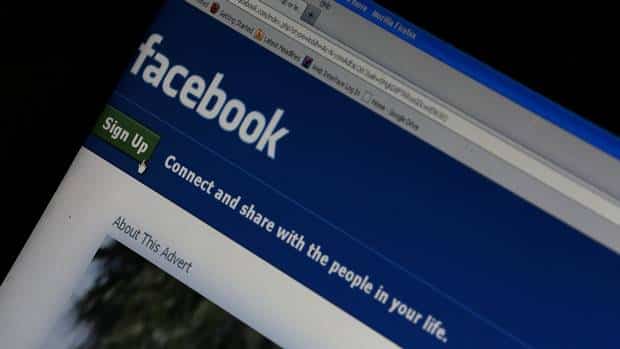There was bound to be a major pushback. Widespread use of the internet has helped make all sorts of information much cheaper to create and easier to access. That has been a boon for people seeking to communicate and receive information that would not have been readily available in the days when radio, TV, and newspapers were the overwhelming means of mass distribution of information about current events. At the same time, the internet-facilitated alternative voices boom threatens the interests of people who benefit from limiting the availability of information and commentary about current events to within a much narrower range.
In recent months, big technology companies have accelerated a crackdown on communicating “alternative” news and views via the internet. Much of the early major action was supported by the contrived scare that Russia President Vladimir Putin directed a covert operation to spend a pittance on some Facebook communications about apparently random topics in a wildly-successful scheme to trick the American people into electing Donald Trump as president. Since then, the movement to suppress alternative voices has gained momentum, with major speech suppression successes including, over a brief period of time, a slew of major technology companies denying service to Alex Jones and his popular media operation.
For me, the big tech companies’ speech suppression actions have become personal, threatening the Ron Paul Institute (RPI) for which I am a senior fellow. Earlier this year, the percentage of people who follow RPI at Facebook who Facebook actually allows to see RPI posts on their news feeds plummeted. Before that, RPI’s Ron Paul Liberty Report was hit by YouTube preventing or delaying the display of advertisements with episodes — a change that the show’s co-host and RPI Executive Director Daniel McAdams said “creates enormous financial burdens for the program.” In addition to Alex Jones, who has for a long time supported and regularly interviewed RPI Chairman Ron Paul, Twitter has suspended or purged the Twitter accounts of several other people with connections to Paul or RPI, including McAdams, whose Twitter account was suspended twice in the last few months.
Seeing what was happening to competitors of the “mainstream” media and “establishment” commentators, I knew I should look for additional social media platforms at which I could share my articles, audio show episodes, interviews, and speeches. Facebook and Twitter just were not cutting it. Still, inertia can be hard to overcome. I kept delaying my investigation of alternatives.
I wrote in August about an interview in which Paul declared his hope “that we can have alternatives to the dependency on Twitter and these other companies that have been working hand in glove with the government” in suppressing the communication of alternative news and insights. But, it still took a couple more months for me to take the step of sitting down at a computer and starting accounts at some of the competitors of social media behemoths Facebook and Twitter.
In October, I created pages at Gab, MeWe, Minds, and Steemit. Creating the pages, as well as posting at them in addition to at my Twitter and Facebook pages, has taken some extra time, and I know I am not using any of the pages optimally. Still, I think using the alternative social media websites is an important, worthwhile step.
The question remains whether government and big technology companies will kill off or pay off the competitors of the social media giants. Case in point, this week I have been unable to post at my Gab page. Gab is not closed for maintenance or shut down by a technical glitch. Instead, as Gab Chief Executive Officer Andrew Torba explains in a statement at the Gab home page — and that statement has been for several days the entirety of the Gab website, “Gab has been no-platformed by essential internet infrastructure providers at every level.” Also, PayPal dumped Gab in the last few days, depriving the company of its means of receiving payments.
Torba expresses optimism about the future of Gab, writing in his statement that Gab “isn’t going anywhere” and that “[w]e will exercise every possible avenue to keep Gab online and defend free speech and individual liberty for all people.” More power to him. But, I wonder if Gab can weather the extreme force that appears determined to make the site either shut down or become a speech-limiting clone of Twitter and Facebook.
Will other alternative social media companies face similar pressure to bend to speech restriction or perish? Time will tell. In the meantime, I will keep posting on all my social media pages, hoping that my contribution will help in countering the crackdown on alternative voices.


